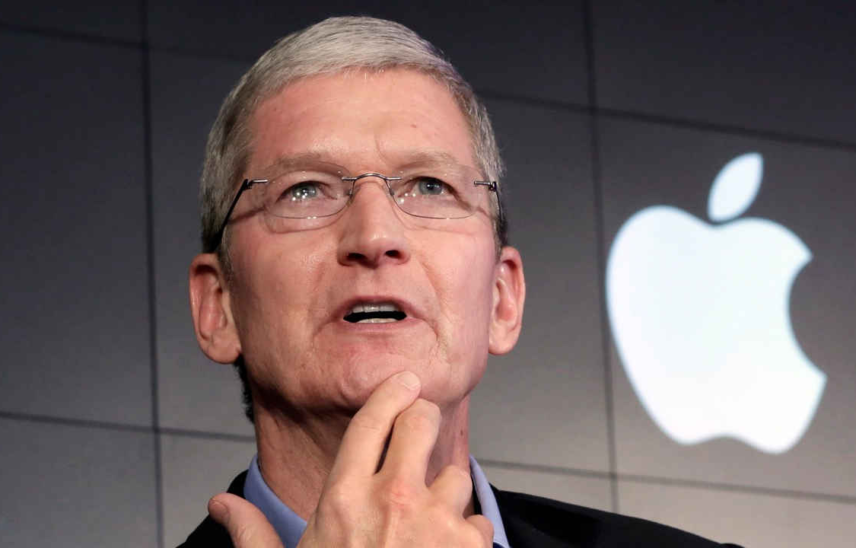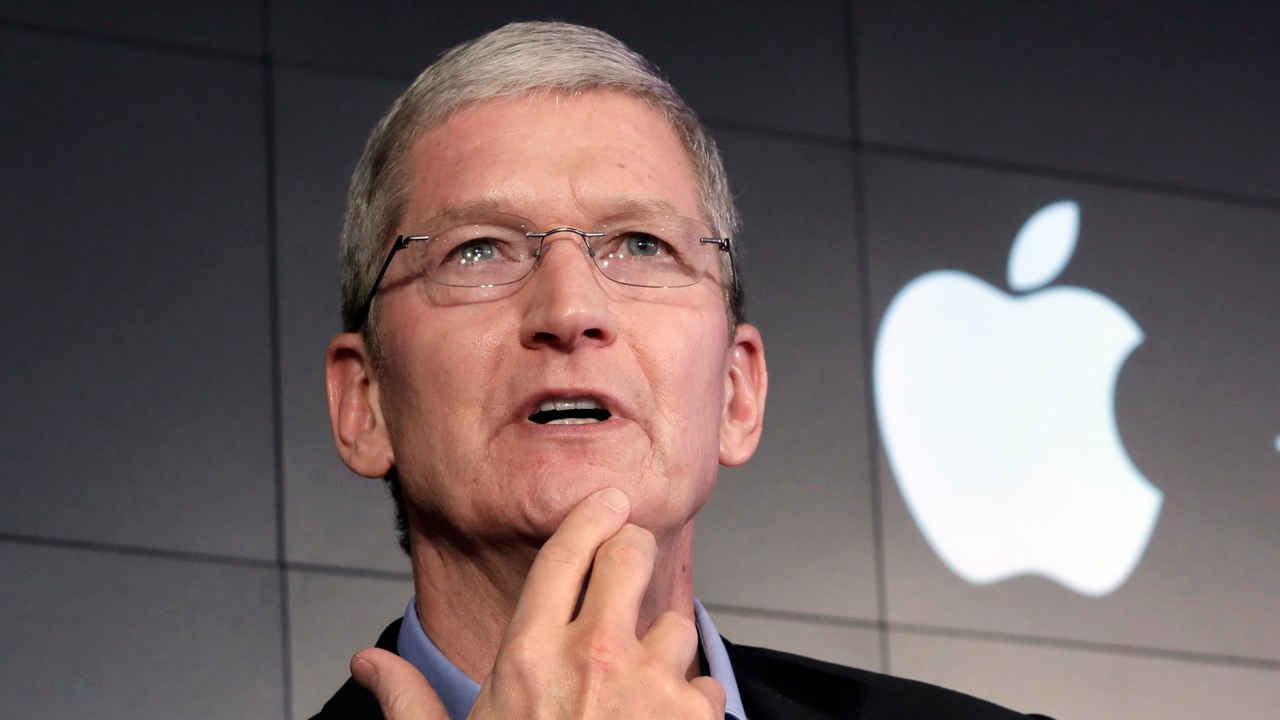
- Home
- Managed Services
- Cyber Security
- Blog
- About Us

We 365 Admin Support, just simplify your IT problems
Call for a free support. +91 96666 59505Platform Partnership
- Who We Help
- Shop
- Contact
- News






Apple is preparing to unveil an exciting lineup of software advancements at its highly anticipated annual developers conference, WWDC, set to commence on June 9. This event not only promises to showcase the latest innovations but may also herald a significant shift in the way Apple names its operating systems.
According to a report from Bloomberg, Apple is considering eliminating traditional version numbers, such as iOS 18 and macOS 15. Instead, the company may adopt a naming convention based on the year of release. Consequently, upcoming software updates could be referred to as iOS 26, iPadOS 26, macOS 26, watchOS 26, tvOS 26, and visionOS 26.
This proposed change aims to establish a uniform naming structure across all Apple platforms. Currently, the existence of varied version numbers can lead to confusion among users and developers alike, as each operating system has its own history of initial launches. By implementing a year-based naming scheme, Apple hopes to streamline the naming process, making it more intuitive for everyone involved.
Furthermore, adopting a yearly naming convention would align Apple more closely with the strategies of other tech giants. For instance, Samsung began designating its Galaxy S series phones by their release year starting with the Galaxy S20 in 2020. Similarly, Microsoft employed year-based names for its operating systems, such as Windows 95 and Windows 98.
In addition to this rebranding endeavor, Apple is also gearing up to introduce a host of new features across its devices. Among the anticipated enhancements is a Mac-like interface for the iPad, which could significantly improve its utility for professional tasks. Moreover, Apple is likely to empower developers with access to the AI technology integrated into the Apple Intelligence platform, opening doors to innovative applications and services.
As always, Apple is shrouding its updates in secrecy, but insiders have speculated about various features that could debut at WWDC. For instance, new functionalities for AirPods and Siri are expected, including live translation capabilities that would facilitate seamless communication in multiple languages. Eye-scrolling technology may also be introduced with the Vision Pro, enhancing user interaction in a novel way.
In addition, the platform may unveil a new Arabic-English keyboard designed to cater to diverse user needs, alongside a digital calligraphy tool intended for the Apple Pencil. These features would not only enrich the user experience but also emphasize Apple’s commitment to inclusivity.
Furthermore, a brand-new gaming app is reportedly in the works, promising to tap into the growing market of mobile gaming. This application would position Apple as a more formidable player in the gaming arena, catching up to rival platforms that have already made significant inroads. An AI-driven battery management mode is also on the horizon, which could enhance device longevity and optimize performance based on user habits.
As anticipation builds for what Apple has in store, industry experts and enthusiasts alike are eagerly awaiting both the naming overhaul and the range of new features set to be introduced. The implications of these changes could reverberate throughout the tech community, influencing not only how users interact with Apple’s ecosystem but also how competitors respond.
For more updates, you might find these articles interesting: